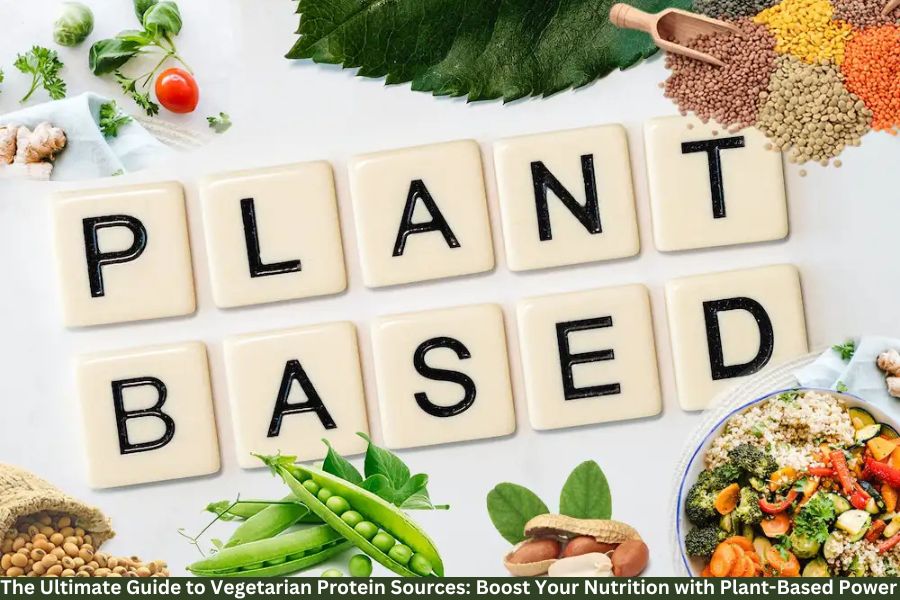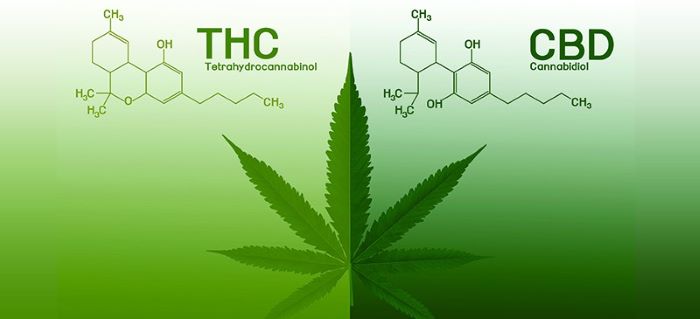The Ultimate Guide to Vegetarian Protein Sources: Boost Your Nutrition with Plant-Based Power
If you are vegetarian, you might frequently hear questions like, “Where do you get your protein?” Despite the myths, getting enough protein on a vegetarian food regimen isn’t best viable but also surprisingly nutritious and eco-friendly. Let’s discover the sector of vegetarian protein sources and discover ways to power your frame with plant-based goodness.
What Are Vegetarian Protein Sources?
Vegetarian protein assets come from flowers, dairy, and occasionally eggs (for lacto-ovo vegetarians). These meals offer the crucial amino acids needed for muscle restore, hormone manufacturing, and normal energy. Unlike animal-primarily based proteins, plant proteins are often lower in saturated fats and free of ldl cholesterol.
Benefits of Including Plant-Based Proteins in Your Diet
Switching to plant-based proteins isn’t just awesome in your fitness—it’s also a win for the planet. Here are a few blessings:
- Health Advantages: Lower hazard of coronary heart disorder, better weight control, and improved gut health.
- Environmental Impact: Plant proteins have a smaller carbon footprint as compared to meat manufacturing.
Top Vegetarian Protein Sources
Legumes and Pulses
Packed with fibre and protein, these are staples for vegetarians:
- Lentils: A flexible preference, presenting 18g of protein per cup.
- Chickpeas: Great for hummus, salads, and curries.
- Black Beans: Ideal for soups, burritos, and veggie burgers.
Nuts and Seeds
Perfect as snacks or meal toppers:
- Almonds: Rich in wholesome fats and 6g of protein in step with ounce.
- Chia Seeds: Tiny however strong, presenting 5g of protein according to tablespoons.
- Hemp Seeds: A complete protein with 10g in keeping with three tablespoons.
Soy-Based Products
Soy is a vegetarian’s nice pal:
- Tofu: The closing meat substitute, with 10g of protein in line with 1/2-cup.
- Tempeh: Fermented and nutty, packing 15g of protein per half-cup.
- Edamame: A snack-worth source of 17g in step with cup.
Whole Grains
Grains aren’t just carbs—they’re protein-packed too:
- Quinoa: A complete protein with 8g according to cup.
- Brown Rice: A hearty aspect dish with 5g in keeping with cup.
- Oats: A breakfast staple imparting 6g in step with half-cup.
Vegetables
Some greens include a shocking protein punch:
- Spinach: Offers 5g of protein in step with cooked cup.
- Broccoli: Contains 4g in line with cup.
- Peas: Delicious and protein-rich at 8g in step with cup.
Dairy and Egg Products
For lacto-ovo vegetarians, these are protein goldmines:
- Greek Yoghurt: Creamy and protein-filled with 20g in step with cup.
- Cottage Cheese: A muscle-building preferred with 14g per 1/2-cup.
- Eggs: Easy and versatile, providing 6g in keeping with egg.
How to Combine Foods for Complete Proteins
To make certain you get all crucial amino acids, combine ingredients strategically:
Rice and Beans
Peanut Butter on Whole-Grain Bread
Hummus with Pita Bread
Vegetarian Protein Myths Debunked
- “Vegetarians don’t get enough protein”: False! A well-deliberate vegetarian food plan meets protein wishes effortlessly.
- “Plant-based proteins are incomplete”: While some lack positive amino acids, combining meals fills the distance.
Tips for Increasing Protein Intake in a Vegetarian Diet
- Add nuts and seeds to smoothies or salads.
- Use tofu or tempeh as meat substitutes in recipes.
- Snack on roasted chickpeas or protein bars.
Vegetarian Protein for Athletes and Fitness Enthusiasts
Athletes frequently fear approximately protein consumption, however plant-based proteins are as much as the undertaking. Consider:
- Pea Protein Powder
- Brown Rice Protein
- Blended Plant-Based Powders
Conclusion
A vegetarian weight-reduction plan gives a wealth of protein alternatives which are healthy, delicious, and sustainable. By incorporating a variety of those resources, you’ll no longer simplest meet your protein desires however additionally revel in diverse and exciting food.
FAQs
What is the best vegetarian protein source?
Lentils, quinoa, and tofu are exquisite options.
Can you construct muscle with vegetarian proteins?
Absolutely! Combining meals like tofu and quinoa guarantees complete protein intake.
How a lot protein does a vegetarian need each day?
Typically, 0.8g consistent with kg of frame weight, however better for athletes.
Are there vegetarian protein dietary supplements?
Yes, pea protein, hemp protein, and mixed plant powders are available.
Is a excessive-protein vegetarian diet secure?
Yes, it’s perfectly secure and gives severa health benefits.
Share this content:



